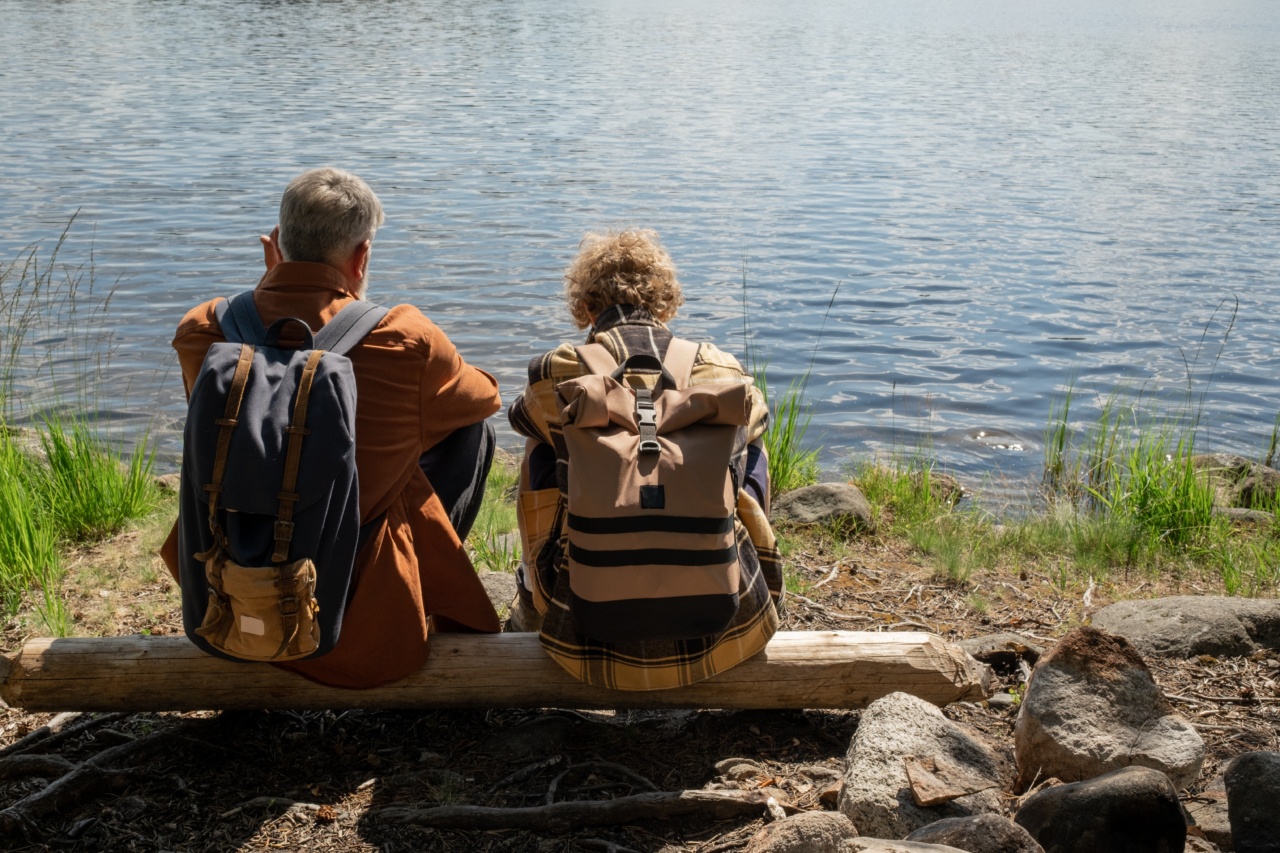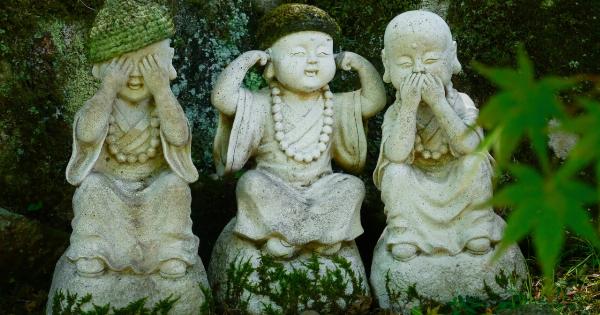Kidney stones are small, hard deposits that form in the kidneys and cause intense pain as they move through the urinary tract. If you have ever had a kidney stone, you know that the symptoms can be debilitating.
However, many people are unaware that they have kidney stones until they are diagnosed by a doctor.
If you are concerned that you may be experiencing symptoms of kidney stones, it is essential to consult with a healthcare professional for a proper diagnosis and treatment. Here are 30 symptoms that could indicate that you have kidney stones:.
1. Pain in the lower back or side
The most common symptom of kidney stones is severe pain that originates in the lower back or side. The pain can be sudden and sharp, and it may come and go in waves. The pain may also radiate to your groin or abdomen.
2. Painful urination
You may experience pain or burning when you urinate if you have kidney stones. The pain may be accompanied by a frequent urge to urinate or a feeling of incomplete bladder emptying.
3. Blood in the urine
If you notice blood in your urine, you should seek medical attention immediately. Blood in the urine can be a sign of a kidney stone or another serious condition.
4. Nausea and vomiting
Kidney stones can cause nausea and vomiting, especially if the pain is severe. These symptoms may also be present if the stone is blocking the ureter, which is the tube that connects the kidneys to the bladder.
5. Difficulty urinating
You may experience difficulty urinating if you have a kidney stone. This symptom can be especially noticeable if the stone is blocking the flow of urine.
6. Fever and chills
If you have a kidney stone, you may develop a fever and chills. These symptoms can indicate that you have an infection, which is a serious complication that requires immediate medical attention.
7. Cloudy or foul-smelling urine
If your urine is cloudy or has a foul odor, it could be a sign of a kidney stone or urinary tract infection.
8. Pain during intercourse
Women who have kidney stones may experience pain during intercourse. This symptom is due to the proximity of the kidneys to the reproductive organs.
9. Painful ejaculation
Men who have kidney stones may experience painful ejaculation. This symptom is also due to the proximity of the kidneys to the reproductive organs.
10. Abdominal pain
Kidney stones can cause pain in the abdomen, especially if they are located in the lower part of the ureter.
11. Frequent urination
You may feel an increased urge to urinate if you have a kidney stone. This symptom is due to the irritation caused by the stone as it moves through the urinary tract.
12. Urinary tract infection
If you are prone to urinary tract infections, kidney stones may increase your risk. The stone can create a blockage that prevents urine from flowing freely.
13. Diarrhea
Kidney stones can cause diarrhea, especially if they are located in the ureter near the small intestine.
14. Constipation
You may experience constipation if you have a kidney stone, especially if it is located near the large intestine.
15. Abnormal urine color
You may notice that your urine is a strange color if you have a kidney stone. It may be darker than usual, or it may appear cloudy.
16. Flank pain
Flank pain is the medical term for pain in the side of the body. It is a common symptom of kidney stones, and the pain may be severe.
17. Pain when sitting
Kidney stones can cause discomfort when you are sitting down, especially if the stone is located in the lower part of the ureter.
18. Pain when standing
You may experience pain when standing up if you have a kidney stone. The pain may be worse when you are walking or moving around.
19. Pain that comes and goes
Kidney stone pain can come and go in waves. You may experience intense pain for a few minutes or hours, and then the pain may subside until the stone moves again.
20. Pain that worsens over time
Kidney stone pain can start as a mild discomfort and then worsen over time. The pain may become more severe as the stone moves through the urinary tract.
21. Pain that is relieved by changing positions
You may be able to relieve kidney stone pain by changing positions. For example, lying down may reduce the pain because it takes pressure off the ureter.
22. Pain that is worse at night
Kidney stone pain can be worse at night, especially if you are lying down. This symptom is due to the fact that your body is more relaxed at night, which can make it easier for the stone to move.
23. Pain that is worse after eating
You may experience increased pain after eating if you have a kidney stone. This symptom is due to the fact that digestion can cause movement in the urinary tract.
24. Pain that is worse after exercise
Kidney stone pain can be worse after exercise, especially if it is a high-impact activity. The movement can cause the stone to move, which can increase the pain.
25. Pain that is worse with pressure
You may experience increased pain when pressure is applied to the affected area. This symptom is due to the fact that pressure can cause the stone to move.
26. Pain that is worse with dehydration
Dehydration can worsen kidney stone pain. If you are dehydrated, the urine becomes more concentrated, which can make it easier for the stone to move and cause more pain.
27. Pain that is worse with caffeine
Caffeine can increase kidney stone pain by causing the kidneys to produce more urine. This symptom is due to the fact that caffeine can cause dehydration, which can worsen the symptoms of kidney stones.
28. Pain that is worse with alcohol
Alcohol can increase kidney stone pain by causing dehydration. It can also cause the urinary tract to become inflamed, which can worsen the symptoms of kidney stones.
29. Family history of kidney stones
If you have a family history of kidney stones, you may be more prone to developing them. You should be aware of the symptoms so that you can receive prompt medical attention if necessary.
30. Previous diagnosis of kidney stones
If you have been diagnosed with kidney stones in the past, you may be more likely to develop them again. You should be aware of the symptoms and take steps to prevent a recurrence.
Conclusion
If you are experiencing any of these symptoms, you should consult with a healthcare professional for a proper diagnosis and treatment.
Kidney stones can be a serious condition, and prompt medical attention can help to alleviate the symptoms and prevent complications.






























